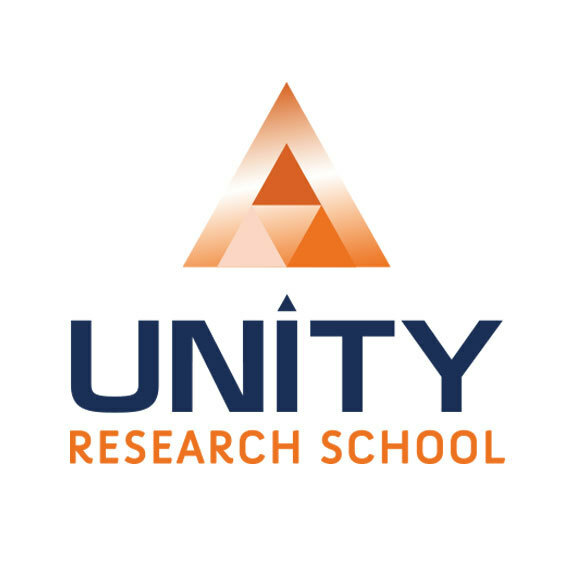

Research School Network: Evidence-Informed Improvement The Russian Doll of school Improvement
—
Evidence-Informed Improvement
The Russian Doll of school Improvement
Share on:

by Unity Research School
on the

This week I’ve had a ‘Research School rich’ week:
• presenting to headteachers on related opportunities
• participating in Research Lead Training with colleagues from across our emerging network
• recruiting potential trainee teachers in the locality, emphasising the growing evidence bank
• refining plans for our SWAT January PD Conference
• contributing to the design of a new Research School Network assessment training module
• discussing potential focus and processes around future bids for SSIF funding
Common to all of these different activities has been the simple, yet highly influential EEF Evidence-Informed School Improvement Cycle (see below). The more I reference it, the more I see it as a golden thread which runs through from class teacher to school leader and MAT leader to Governmental bodies … I’m starting to see it as the Russian Doll of school improvement!

Source: EEF
Each of the five sequential steps play a key part in the cycle. With a clarity of intention at each stage and a greater alignment of associated actions, the chances of success being seen through an effectively implemented, successful intervention are increased with a consequent increase in the chances of a significant impact in terms of results.
In the coming weeks I will explore the stages in further detail, unpick key elements and signpost potential resources in order that you gain a greater understanding and confidence in this valuable planning tool.
How about seeing if you can utilise step 1 and 2 in the coming fortnight by:
• Selecting a particular priority you are working on (key concept/lesson sequence/intervention planning etc.)
• Make a determined effort to identify possible solutions from existing evidence (resources such as those shared in previous issues of Educere from the EEF, Learning Scientists, Rosenshine, Dunlosky etc.)
• Arrive at an even more informed choice having been just that bit more disciplined in these two steps
With thanks for insights and inspiration to Stuart Kime, Jonathan Sharples, James Turner

More from the Unity Research School
Show all news

Pupil Premium and SEND: learning without labels
Learning without labels
